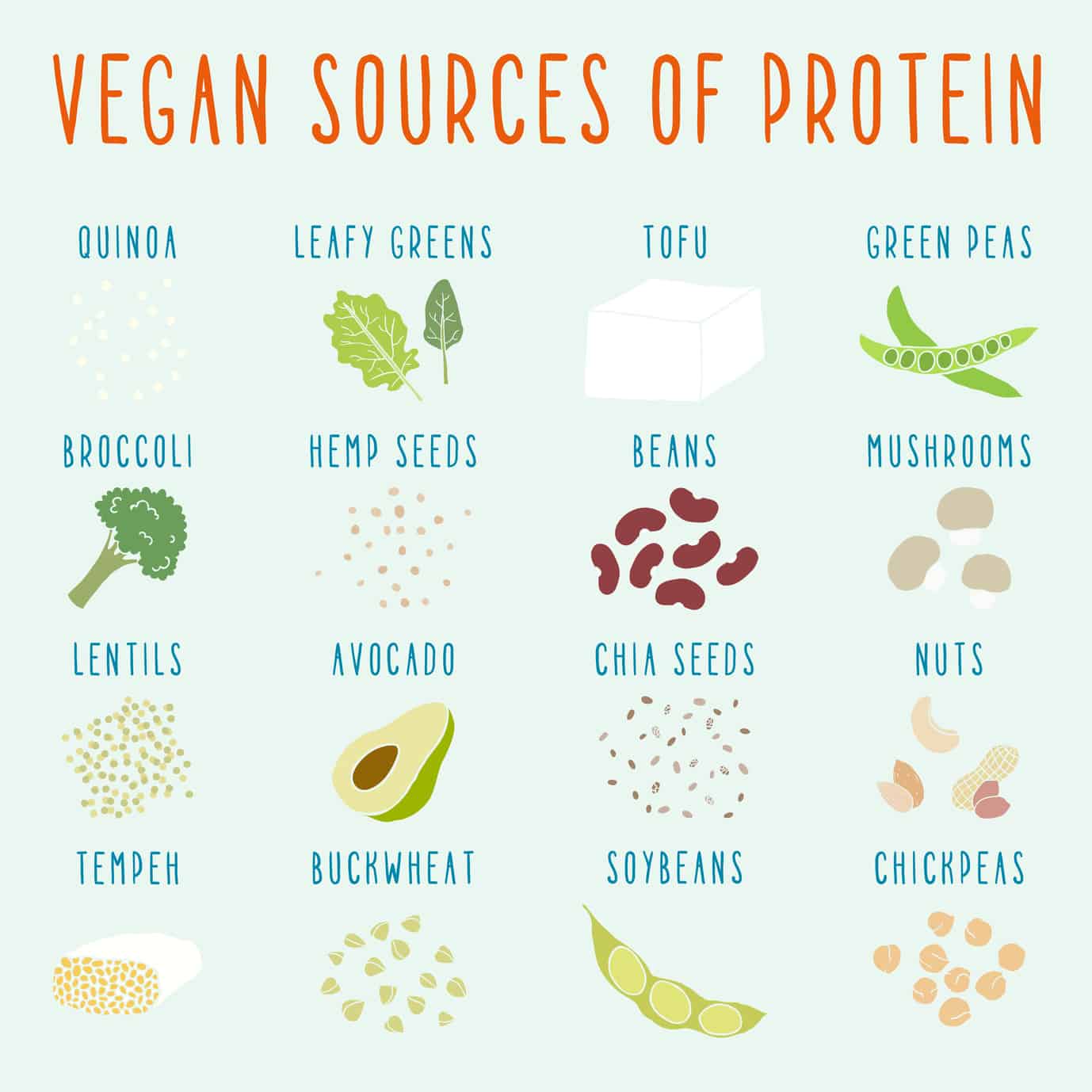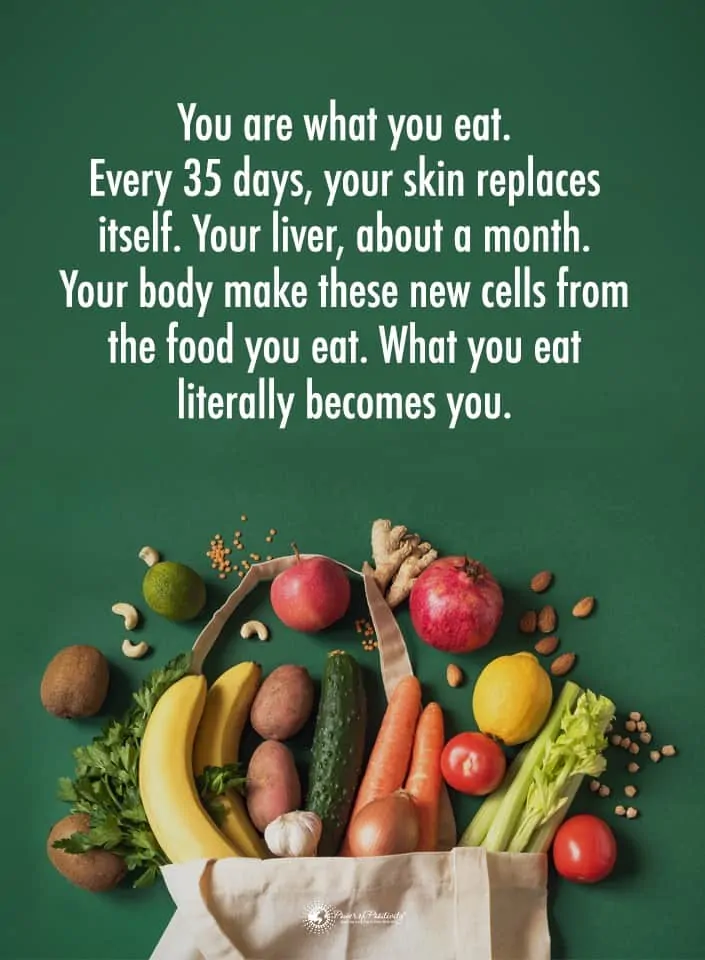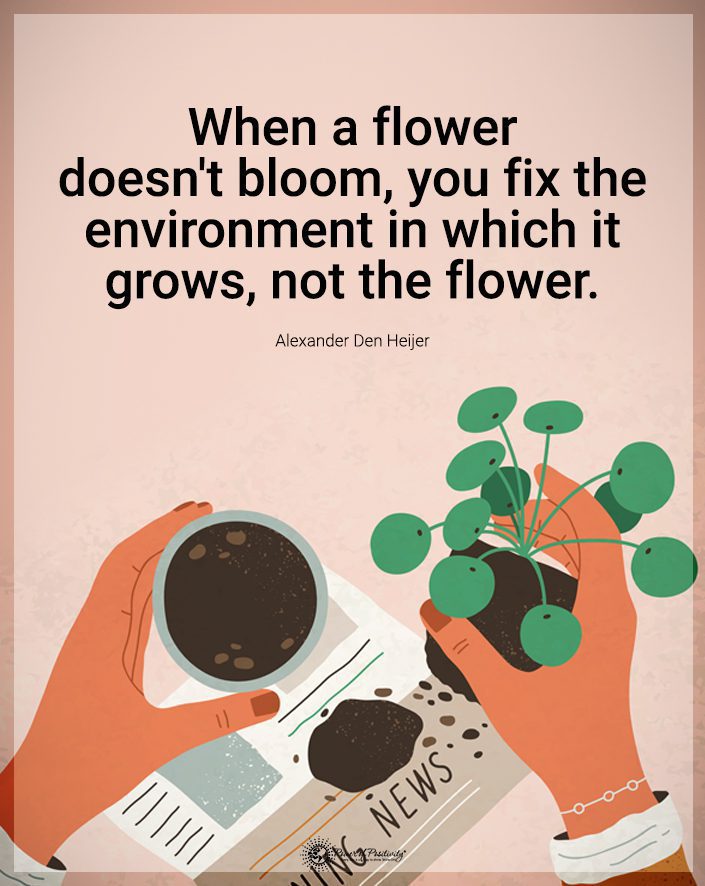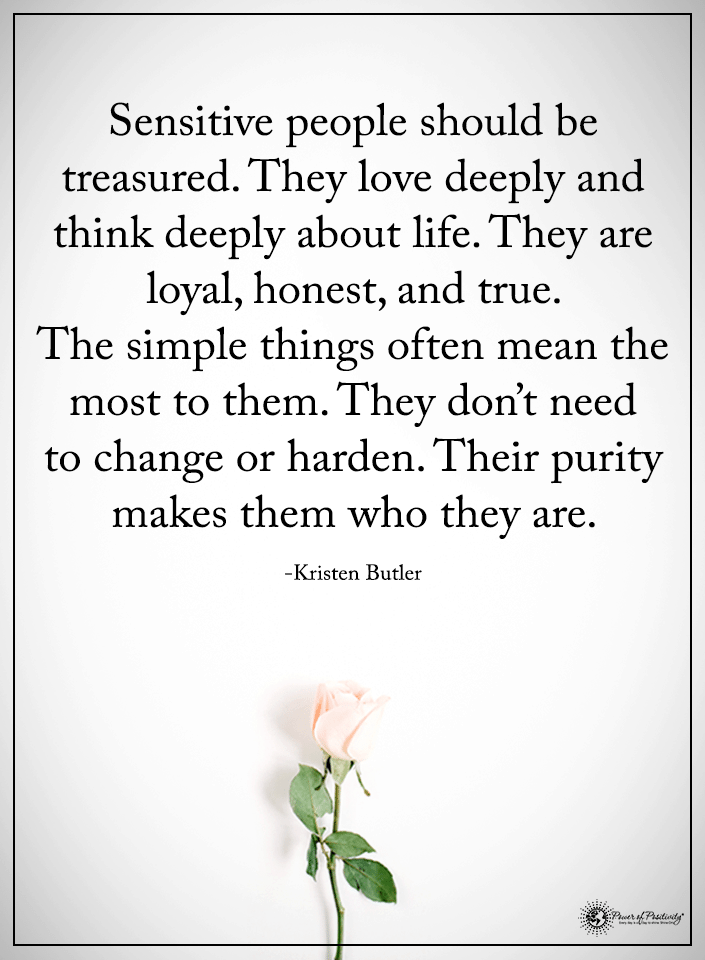When we commit to living our best and most authentic life, chances are not everyone around us will agree with the choices we make. We’re going to have family, friends, and even colleagues challenge us because they don’t understand or agree with the path our life is taking.
Conformity and silence is a typical human behavior that drives many of our actions. We all want to belong, and the best way to belong is to make sure everyone else likes us.
But even in the most strict societies, there are always groups that aren’t afraid to speak up. They think differently, believe differently, and want different things. It’s the actions of these groups that often prompt change in the bigger society.
Sure, there is some risk when we decide to speak up for ourselves. But if we want to be truly happy and live our best life, that risk is worth taking.
Here are 5 times speaking up for yourself is worth the risk.
When Your Success Is At Stake
Successful people challenge the norm, question the status quo, and create their own rules. They do it respectfully, but they refuse to categorize because they are too busy creating their category.
Successful people trust their intuition and follow their gut instinct even when it seems crazy on the surface. They tune into their higher self and their inner wisdom. That is how they can stay the course, even when faced with opposition.
Success means different things to different people, but one thing successful people have in common is they broke away from the crowd, took a risk and persevered. They believed so strongly in their mission that they were able to put aside the naysayers and step into their truth. At some point in their journey, successful people had to trust enough to go against the grain.
When It Prevents You From Learning
Being comfortable and content in your life and with your friends can dampen your curiosity. Without curiosity, our natural quest for learning subsides.
The problem lies in the fact that we like to learn with others and if the others around you aren’t interested, it is necessary to forge a learning path on your own.
Learning is important for our continued personal growth and evolution. Once we make the commitment to honor our natural curiosity, we will often find others that are walking the same path. It is rare that an individual learning quest stays solitary for long but taking those first steps against the fray will open new doors.
When You Are At Risk of Stifling Your Creativity
Thinking like everyone else restricts the creative energy from flowing freely. In fact, there are studies that show existing knowledge can block creativity. When we immerse ourselves in a culture and become so closely linked with it, we will find ourselves searching for inspiration. And that inspiration often comes at the hand of something new.
That is why stepping out of our comfort zone is great for generating new ideas and new thought. Stepping out of our comfort zone, however, is scary because it is going against what we know and what is comfortable. Our source of creativity lies in the unknown and to get there we must not be afraid to speak up for ourselves.
When Your Beliefs Are Questioned
When we begin to speak up for ourselves and live from our truth, it becomes clear who around us has similar values and who doesn’t. Initially, maintaining these relationships can be challenging because we want to share our beliefs with the people close to us. It is not uncommon for others to show a disinterest in being exposed to new points of view.
Stepping away from the crowd and their combined beliefs is hard to do because it can possibly mean the end of a relationship. And while our head knows that any relationship worth having supports our values, our heart has a hard time letting go.
It’s those first steps away from the crowd that will allow you to attract people who are like-minded and share in your values and beliefs.
When Your Gut Tells You To
If we are truly following our intuition and listening to our gut then we’ll know when it’s time to speak up for yourself. This usually happens when we have seen personal growth that has led us down a different path than the crowd. The crowd as a collective may not be serving your needs any longer and your intuition is often the first to enlighten you.
Related Article: 5 Gut Instincts You Should Never Ignore
The key message here is when you are comfortable living in your truth and as your authentic self, taking the risk to speak up for yourself becomes less risky, the more secure you are in your reality.
Listen to your gut and use it to guide you to new opportunities that will allow you to stand strong in your beliefs and foster your continued personal growth.













